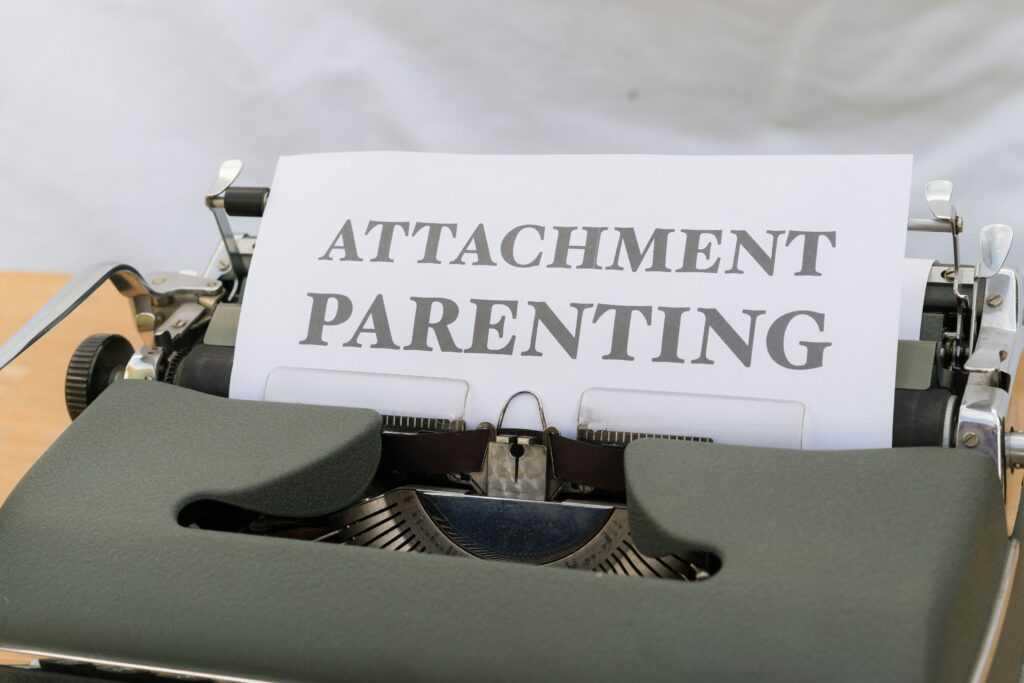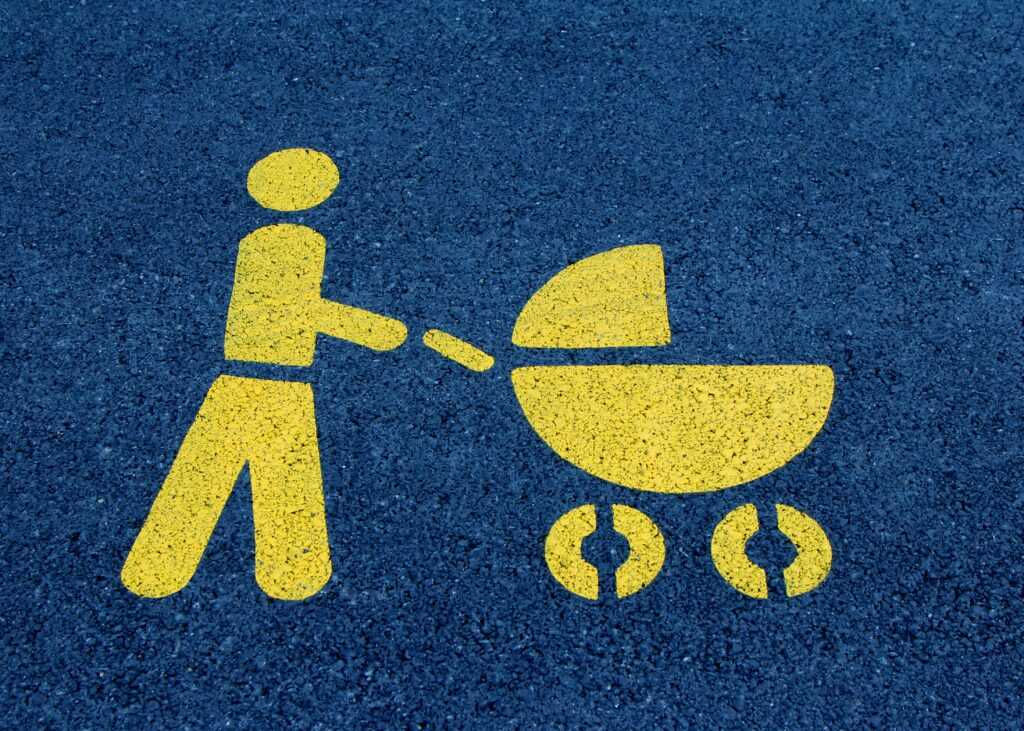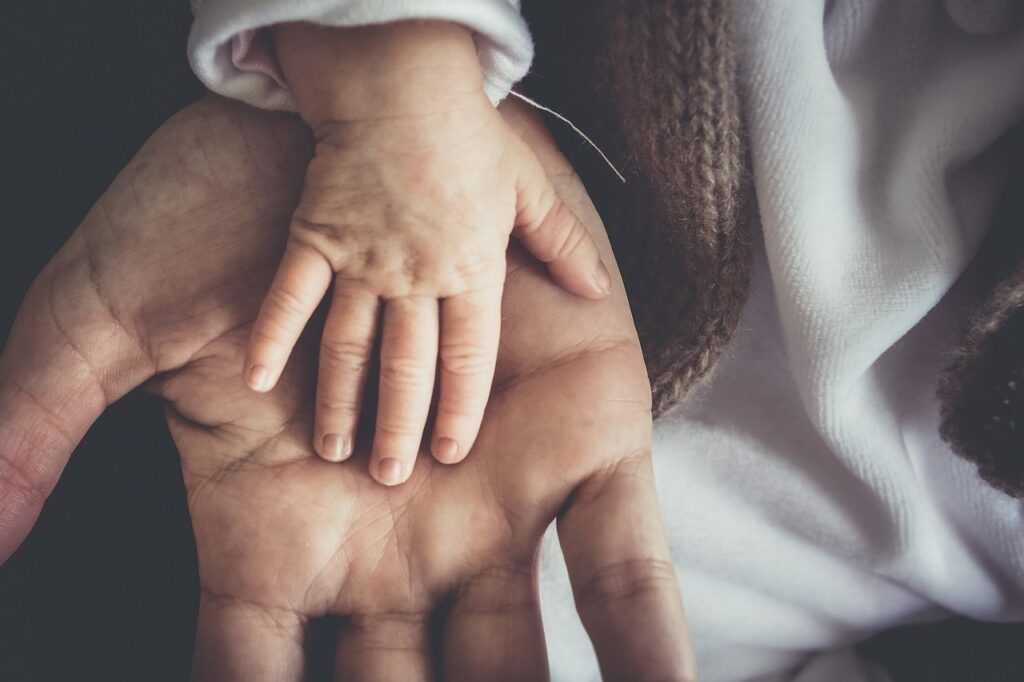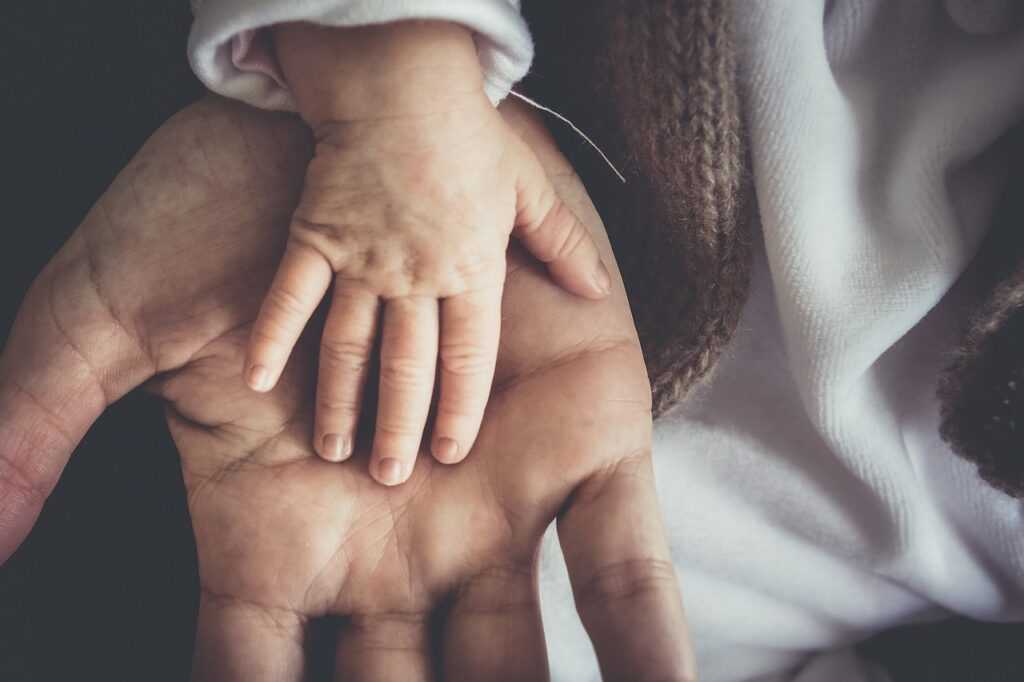Smarter Parenting Tools Are Here
Parenting tech isn’t just about convenience anymore. It’s about tools that actually make the job easier, safer, and let’s be honest a little less overwhelming. AI driven baby monitors now do more than just watch the crib; they track sleep cycles, detect irregular breathing patterns, and send real time alerts right to your phone. Some even learn your baby’s habits over time, helping you spot patterns before problems arise.
Virtual assistants have leveled up too. They’re not just giving weather updates or setting reminders they’re offering targeted parenting advice on the fly. Think feeding tips at 3 a.m., toddler tantrum strategies based on current behavior, or reminders tailored to developmental stages. It’s like having a super calm, data savvy co parent on call 24/7.
And for parents navigating the screen time maze, AI steps in again. New platforms use behavioral data to suggest and filter content, adjust screen time rules based on mood and age, and help build healthier digital habits from day one. Instead of a one size fits all approach, these tools zero in on what works for your kid, your routines, and your sanity.
Decision Making Backed by Data
Parenting has always relied on gut instinct. Now, it’s got a little more backup. Predictive AI tools are giving parents new ways to anticipate milestones everything from first steps to speech delays. These systems don’t just guess. They build models based on real developmental data, tracking your child’s growth against massive datasets. If something looks off, you’re alerted early.
But it goes beyond milestones. AI driven apps break down nutrition, sleep patterns, and emotional shifts, giving parents daily insights they used to have to figure out through trial and error. Did your kid sleep worse after that late snack? One glance at the app and you’ve got patterns. The friction point now is trust are you letting the app be a guide, or a crutch?
At its best, this tech doesn’t replace the human element. It sharpens it. Parents still call the shots, but with clearer signals. It’s a pivot from pure instinct to informed reaction and it’s already reshaping how today’s caregivers make decisions.
Communication Skills, Social Learning, and Tech

AI isn’t just changing how we parent it’s reshaping how kids learn to be human. Smart learning platforms are stepping beyond math drills and spelling quizzes. Now, they’re teaching communication. Empathy. Critical thinking. Interactive chat scenarios help kids navigate conflict. Story driven games reinforce listening, perspective taking, and nuance. It’s not a full replacement for real world experience, but it’s a solid supplement especially when tailored to individual pace and personality.
Then there are AI powered story apps. These don’t just spit out fairy tales on repeat. They grow with your child. If your kid’s into astronauts this month and sea turtles next, the stories shift accordingly while subtly introducing broader vocab and narrative complexity. Some apps even adapt for reading level and tone, quietly making learning feel like playtime.
But here’s the catch: value doesn’t scale with hours logged. The screen time vs. quality time debate isn’t new, but it’s sharper now. Not all interaction is created equal. Ten minutes spent co reading an adaptive story might beat an hour of passive scrolling. The goal isn’t to eliminate screens it’s to use them with more intention. Especially when those screens can teach your kid how to express themselves, connect, and grow.
Navigating the Ethical Tightrope
AI in parenting isn’t just about convenience it’s also raising some tough questions. One of the biggest: who actually owns your child’s data? When you sync baby monitors, log sleep patterns, or track emotional responses through smart devices, you’re feeding cloud databases with intensely personal information. And while these tools promise safety and insight, the reality is murky. Terms of service are rarely clear on data ownership, and families often trade privacy for convenience, sometimes without realizing it.
Then there’s the gut check. Algorithms can suggest bedtime routines or snack ideas, but they’re still based on pattern recognition not parental instinct. There’s a growing risk of outsourcing too much decision making to models that don’t actually know your kid. The best parenting still involves nuance reading the room, noticing the details AI can’t capture, and making calls that don’t always make sense on paper.
Finally, emotional intelligence can’t be auto generated. A chatbot might walk your child through breathing exercises, but it can’t sit with them through heartbreak or help them learn kindness by example. At least, not yet. AI can support, but it can’t replace the human textures of parenting patience, values, context, and love.
Awareness is the first step. Use the tools. Just don’t stop being a parent.
Parenting in the Augmented Age
The logistics of parenting aren’t glamorous, but they’re getting a tech upgrade. Co parenting apps now do more than just track pickups and drop offs they’re minimizing misunderstandings and smoothing out transitions between households. Shared calendars, digital journals, and AI generated reminders help keep everyone on the same page, even when lives get hectic.
Scheduling tools are also stepping up. Think drag and drop calendars that adapt to last minute changes, with smart notifications that actually help instead of just adding noise. For families juggling work, school, and parenting across multiple platforms (and sometimes, multiple homes), this simplicity matters.
Looking forward, tech won’t stop at syncing schedules. Generative AI is already hinting at personalized bedtime stories built from a child’s favorite words. Augmented reality is creeping into educational moments turning chores into games, or overlays that help explain emotions to a toddler in meltdown mode. The tools are just starting to catch up with the reality of how fast parenting moves.
For a closer look at how this future is taking shape, check out AI’s impact on parenting.





